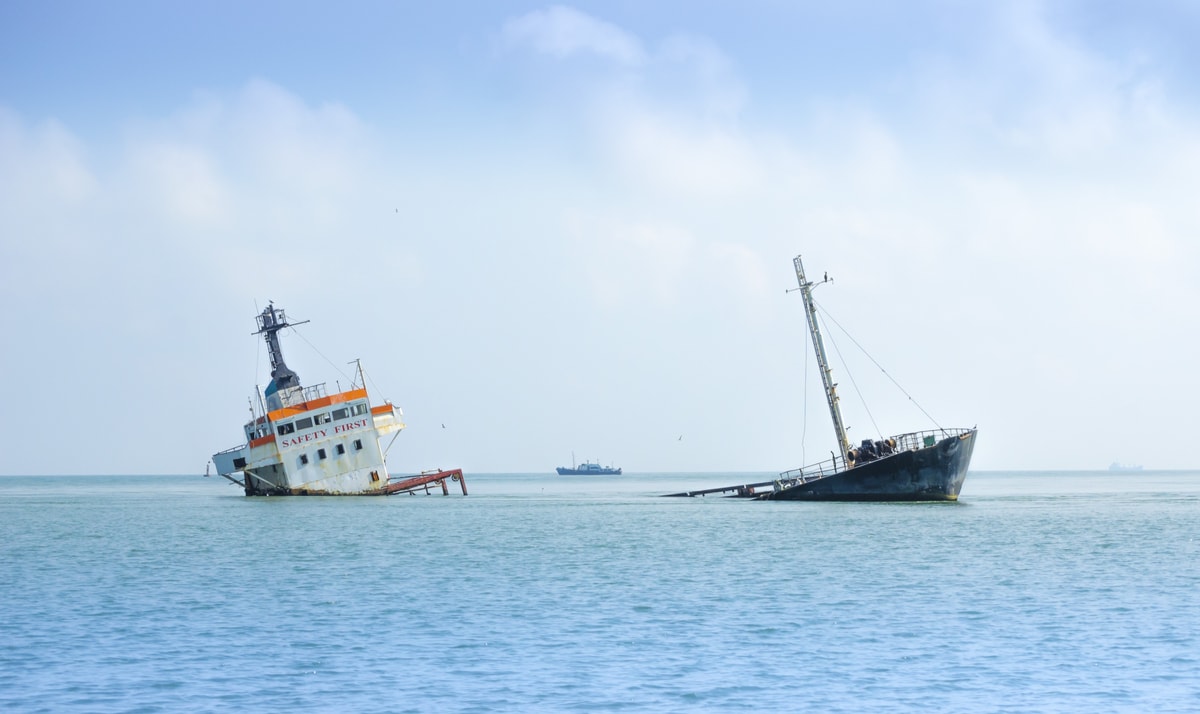NTSB Generates 53 Recommendations Based on El Faro Sinking

The National Transportation Safety Board has finished its review of the Oct. 1, 2015, sinking of the freighter El Faro between Jacksonville, Fla., and San Juan, Puerto Rico, during Hurricane Joaquin. The accident killed all 33 people on board and was the worst U.S. maritime disaster in modern history.
The NTSB pointed to command failures, unprepared crew, a weak inspection culture, and outdated onboard systems. Its report spotlighted industrywide problems with safety and included criticism of the Coast Guard, the American Bureau of Shipping and other organizations that inspect ships for safety.
Among the NTSB recommendations are a revision of the U.S. Coast Guard’s regulation on minimum required propulsion and critical athwartships machinery angles of inclination. It also recommends an increase in launching angles for lifeboats to provide a greater margin of safety after machinery failure. The NTSB additionally wants the USCG to require that damage control documents, stability instruments and booklets, and safety management systems for vessels subject to the intact stability criteria of Title 46 of the Code of Federal Regulations 170.170 include information regarding openings that could lead to downflooding. All of these problems—loss of propulsion, lifeboat quality and accessibility, and lack of crew knowledge of downflooding controls—were cited as contributing factors in the catastrophe.
The NTSB also wants a requirement that all personnel employed on vessels in coastal, Great Lakes, and ocean service be provided with a personal locator beacon to enhance chances of survival and that open lifeboats on all U.S.-inspected vessels be replaced with enclosed lifeboats that meet current regulatory standards.
The recommendations include updates to guidance in Navigation and Inspection Circular 4-77 on shifting weights and countering flooding; requirements that vessels in ocean service of 500 gross tons or more be equipped with properly operating meteorological instruments; and a review and revision of the policy for major conversion determinations to consider load line (maximum) draft as a principal vessel dimension.
There are numerous other recommended changes to communications requirements, weather transmissions, and training for survey and inspection personnel.
If there is federal follow-through on these NTSB recommendations, the shipping industry and its systemic regulators will be looking at major changes in the name of safety. The USCG says it is addressing NTSB concerns. The El Faro incident provided a clarion wake-up call to shippers, associations, and regulators, and the NTSB’s recommendations to TOTE Services, the owner of El Faro, may be a useful checklist for other vessel owners and operators. Review the full list of recommendations at
https://www.ntsb.gov/news/events/Documents/2017-DCA16MM001-BMG-Abstract.pdf.
